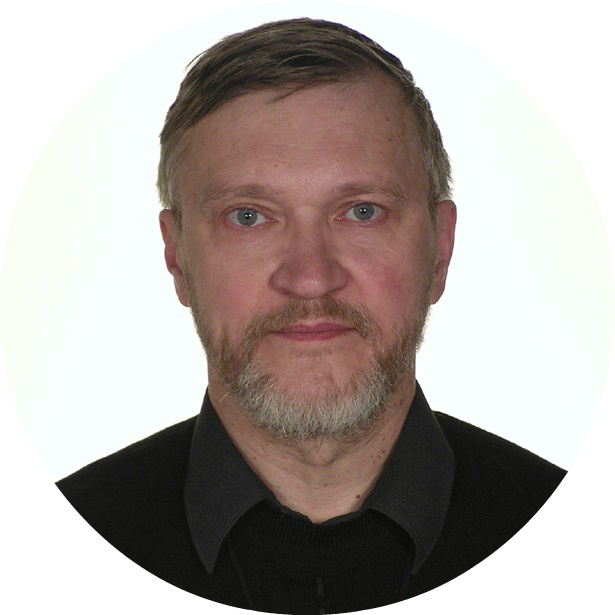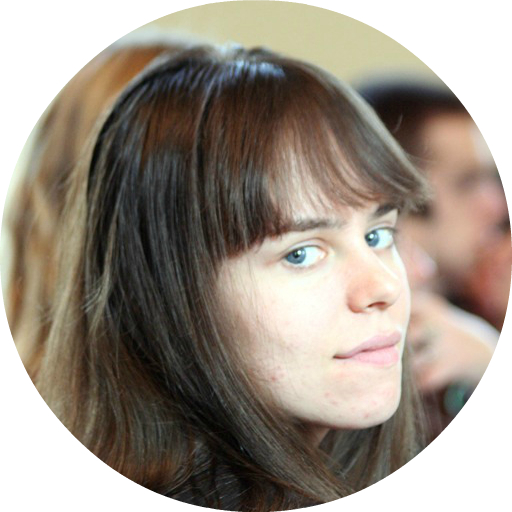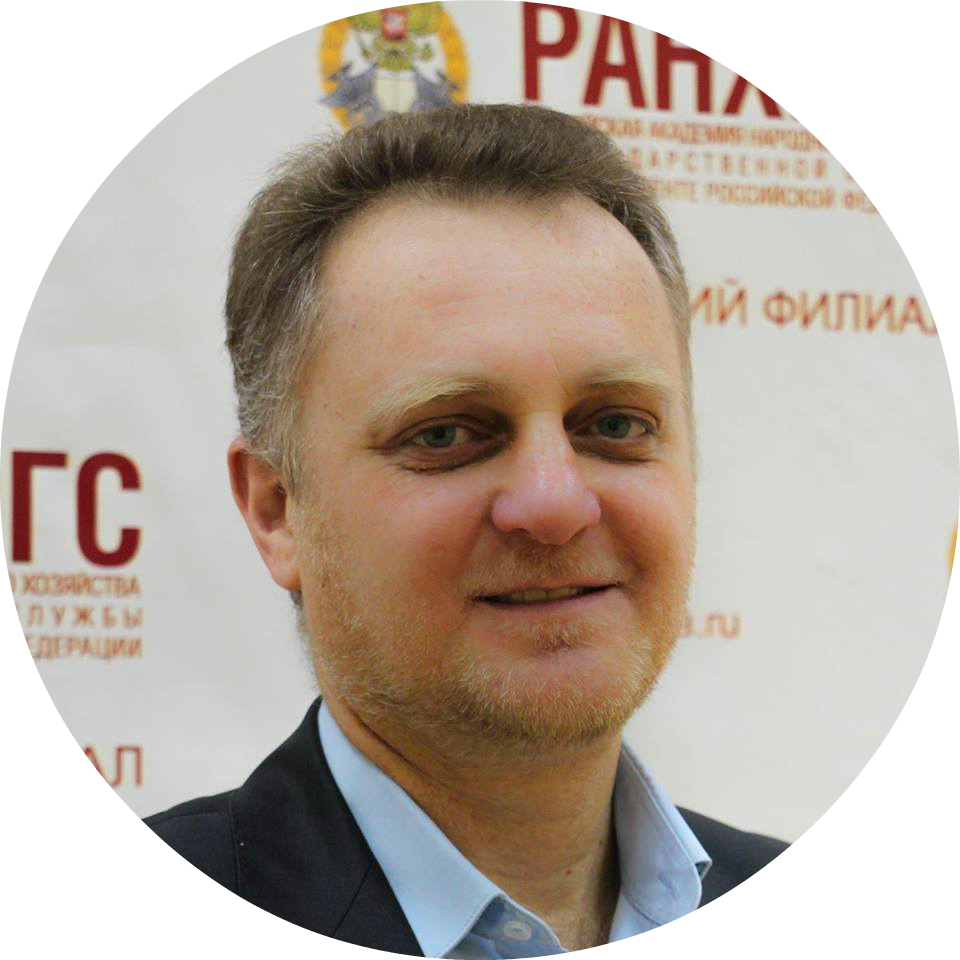The research is supported by a grant of the Russian Science Foundation, and the Deutsche Forschungsgemeinschaft, project № 15-23-06002, 2015‒2017
Abstract. The article analyzes key types of the word “believer” in the Russian sociological studies which have made the term one of key notions of modern sociology of religion and religious studies. The authors account differentiation of “model-1”, “model-2”, and “model-3” as the forms caused by a concrete historical context of the place of Russia in global geopolitics. The paper attempts to interpret modern mass idea of a “believer” by means of an assumption of the conflict between two alternative “models” of its standard understanding, which historically developed in Russia in the 18th – 20th centuries. In the “model-1” “believer” is implicitly understood as a “devout” parishioner of the “dominating religion”, and in the “model-2” – as a subject of “atheistic education” marginal for the USSR authorities, and being referred to the subjects “from above” and “from the outside” in relation to the personality. The feature of the “model-3” which has developed today is that a respondent of a sociological research can rank himself as a “believer”, when relating himself “from within” to one of the inquiry questions during the self-identification. Formation of the standard “model-3” assumes, among other tasks, the analysis of a terms framework of sociological tools. These terms can be considered as an explication of certain denotations and connotations in the system of communicative relations arising in the conditions of the poll. The terms framework of modern media where “atheists” can qualify themselves as “believers” demands special analysis. Such statements confirm a political situation of domination of standards of the “freedom of worship” (“model-3”) combining the part of the “model-1” and “model-2” and testify “conceptual chaos” in public consciousness.
Keywords: religion, believer, denomination, religiosity, sociology of religion
DOI: 10.22250/2072-8662.2017.4.97-111
About the author
 |
Evgeniy I. Arinin – DSc (Philosophy), Professor, Head of the Department of Philosophy and Religious Studies, Vladimir State University; 87 Gorky str., Vladimir, Russia, 600000; еThis email address is being protected from spambots. You need JavaScript enabled to view it. |
 |
Elena V. Vorontcova – PhD (Philosophy), Senior Research Fellow at the Russian Academy of Science Archive, Lomonosov Moscow State University; 34 Novocheremushkinskaya str., Moscow, Russia; This email address is being protected from spambots. You need JavaScript enabled to view it. |
 |
Dmitry I. Petrosyan – PhD (Philosophy), Assistant Professor at the Department of Social Studies and Humanities, Vladimir Brach of The Presidential Academy of National Economy and Public Administration; 59-a Gorky str., Vladimir, Russia, 600017; This email address is being protected from spambots. You need JavaScript enabled to view it. |






